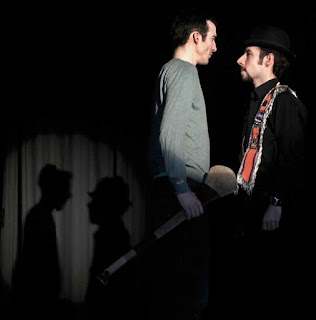At Thursday night’s annual Catherwood Lecture, Johnston McMaster covered a lot of ground in his talk entitled:
Signing up to the Covenant: An Alternative Vision for the Future?
He started by explaining that his grandfather had signed the covenant, and continued to question throughout the talk whether he would have signed it if he’d lived 100 years ago.
Looking back at history and at the same time looking forward from today was a key tenet of his lecture, and mirrored the twin directions of memory and hope that are also at the heart of Christian worship. Back in 1912, some people seemed to think …
… God was an Ulsterman and against Home Rule. There was not a coat of paint between God, guns and politics.
Around 3,000 people signed an Alternative Covenant that repudiated violence, though little is known about the identity of these dissidents. Parallels were drawn between the 1912 Covenant and the 1916 Proclamation. Both documents were “theologically deliberate”.
- God
- Militarised politics
- Equal citizenship (an equality agenda)
- Civil and religious freedom
- Self determination
Stephen Johnston - minister of Kilkeel Presbyterian - responded at the close of the lecture with some pertinent questions.
At the start of a season of events that are looking at the signing of the Ulster Covenant, I found it a useful lecture to start to set the scene of a period of history that was ignored in school but will be unavoidable over the next ten years. Update - the text of Johnston McMaster's lecture is available to download.
The Catherwood Lecture is an annual event organised by Contemporary Christianity (formerly ECONI) that looks at issues relating to faith in the public square and Christian worldview.

Don't forget another contribution to the decade of political centenaries by this group: the 1912, A Hundred Years On play started its tour on Friday evening and continues at different venues over the next two weeks.
No comments:
Post a Comment